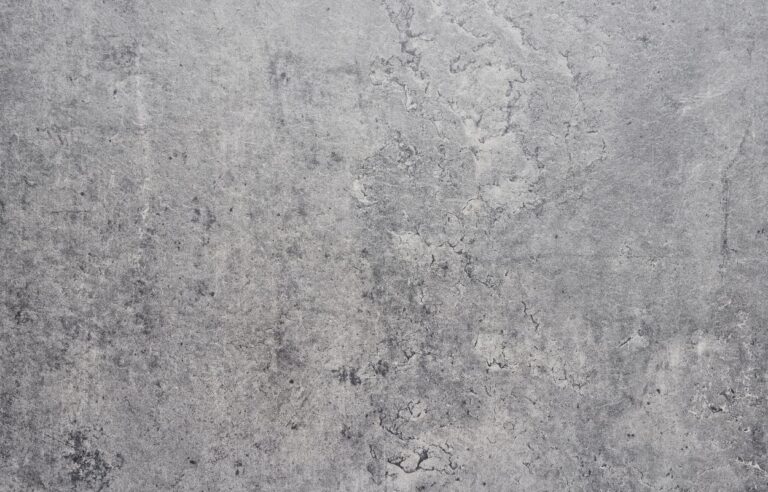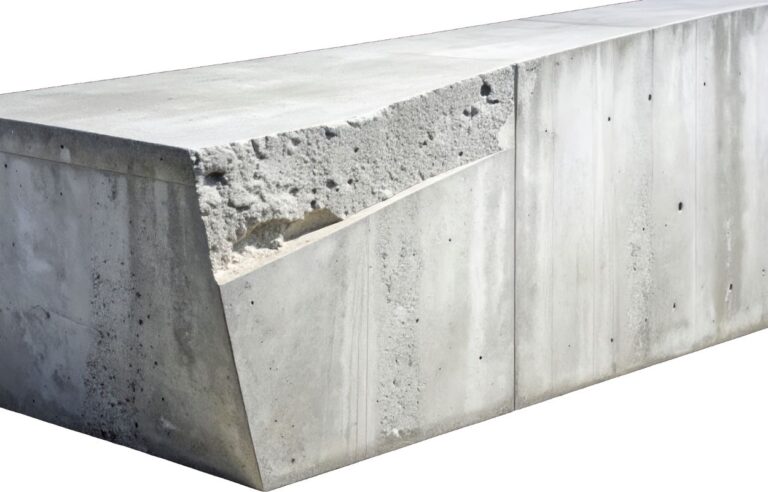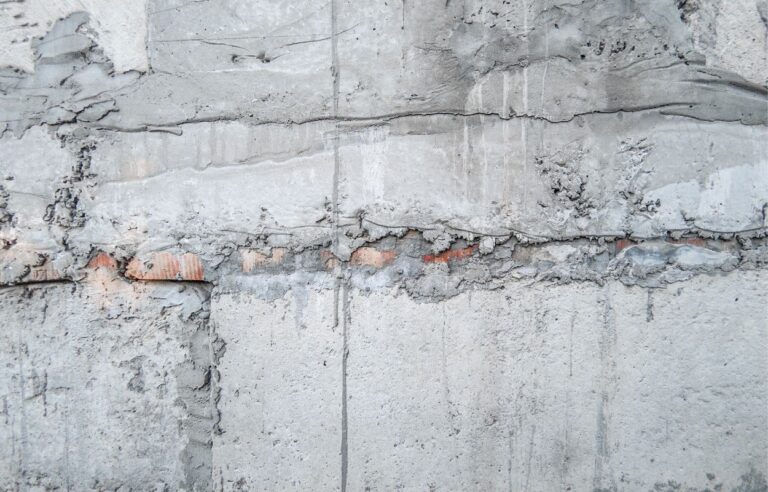
If you’re a property owner, especially if you own an older building, understanding lead abatement laws is crucial. The dangers of lead exposure have been known for decades, and various laws have been introduced to keep tenants, homeowners, and contractors safe. This is especially true if you’re dealing with properties built before the 1980s, when lead paint was still widely used. Whether you’re a homeowner, a landlord, or even planning to buy a fixer-upper, knowing when lead abatement is legally required can protect you, your tenants, and your investment. So, let’s get into what you need to know about lead abatement in Victoria and beyond.
WHAT IS LEAD ABATEMENT?
First, let’s clarify what lead abatement actually is. Lead abatement involves the safe removal or containment of lead hazards, typically lead-based paint, in a property. This process is especially crucial in older homes where lead paint and other lead materials might still exist. Lead abatement aims to reduce the risks associated with lead poisoning, especially for children and pregnant women. It’s not just about repainting—lead abatement requires specific techniques and safety measures, and sometimes, certified professionals need to handle it.
WHY LEAD EXPOSURE IS A BIG DEAL
Lead exposure can have serious health effects. While adults are at risk, children face even higher risks. Lead poisoning can cause developmental issues in children, affecting their learning and behavior. In adults, lead exposure can result in high blood pressure, memory loss, and even damage to the kidneys and nervous system. Because of these risks, governments have put strict regulations in place for lead abatement. Understanding these laws isn’t just important for compliance; it’s also critical for safeguarding anyone who lives or works in your property.
WHEN LEAD ABATEMENT BECOMES LEGALLY REQUIRED
In most cases, you don’t need to address lead issues if they aren’t actively creating hazards. But there are specific situations where lead abatement in Victoria is legally required. Here’s a closer look:
During Renovations, Repairs, or Painting Projects
If you’re planning any work that involves disturbing painted surfaces in a home or building constructed before 1978, lead abatement may be required. Renovations, repairs, and painting can release lead dust into the air, especially if you’re sanding or scraping walls. In these cases, government regulations typically require the property owner to hire certified professionals for lead abatement.
In Victoria, you’ll need to follow the guidelines set by the province of British Columbia, which has specific protocols for dealing with lead-based paint. If you’re planning a renovation project that could disturb old paint, consult with a lead abatement professional to make sure you stay compliant and safe.
Selling or Renting Out Your Property
When you’re selling or renting out a property, you’re legally required to inform potential buyers or renters about any known lead hazards. This disclosure requirement doesn’t necessarily mean you need to conduct lead abatement beforehand, but it does mean you must be transparent. If an inspection reveals significant lead hazards, you may be required to address them before finalizing a sale or lease. Keeping potential buyers or tenants informed can also help you avoid future liability and ensure that everyone is aware of any potential health risks.
After Lead Testing Reveals Hazards
If you’ve had lead testing done and it shows a high level of lead in your property, you may need to take immediate action. Health authorities may classify certain levels as hazardous, and that’s when lead abatement becomes mandatory. A professional lead risk assessor can help determine the extent of the hazard and advise on the best abatement methods. This is especially common in schools, childcare centers, and rental properties where children might be present.
In Victoria, a high level of lead in dust or soil might also trigger legal requirements for abatement. This is especially important to keep in mind if you own a property with exposed soil or if lead dust might be spreading from older, chipped paint.
HOW TO HANDLE LEAD ABATEMENT SAFELY AND LEGALLY
So, let’s say you’ve discovered a lead hazard on your property, and lead abatement is now necessary. Here are the steps you’ll need to take:
Hire Certified Professionals
Lead abatement isn’t a DIY project. It requires specialized training and safety equipment to prevent lead exposure and contamination. In most cases, laws require property owners to hire certified lead abatement professionals. These professionals know how to handle lead safely and understand the specific regulations in Victoria. They will take care of everything from setting up containment barriers to safely disposing of hazardous materials.
Follow Proper Disposal Guidelines
Disposing of lead-contaminated materials is another important part of lead abatement. You can’t simply toss these materials in the regular trash. Instead, lead-contaminated debris has to be handled as hazardous waste. Certified abatement professionals will manage this for you, ensuring that disposal complies with local regulations. This step is critical for minimizing the risk of lead exposure to anyone who might come into contact with the materials.
Schedule a Clearance Test After Abatement
After abatement, a clearance test can confirm that the property no longer poses a lead hazard. This test checks for any remaining lead dust or debris and verifies that the area has been thoroughly cleaned. In many cases, this clearance test is mandatory before tenants or occupants can re-enter the property. Clearance testing offers peace of mind, knowing the space is lead-safe for everyone.
HOW LEAD ABATEMENT IN VICTORIA DIFFERS FROM OTHER PLACES
Laws about lead abatement vary depending on where you live, and Victoria is no exception. Always consult with a local expert on lead abatement in Victoria to ensure you’re following the latest regulations. They’ll be able to help you with everything you need to know from beginning to end so that you can ensure you’re always following regulations.
TIPS FOR MINIMIZING LEAD HAZARDS BEFORE ABATEMENT
Even if you’re not legally required to conduct full lead abatement right away, there are some practical steps you can take to minimize lead exposure risks:
Seal Off Any Chipping or Peeling Paint: Chipping paint is one of the most common sources of lead dust. Use a temporary sealant to cover any peeling areas until you can get professional abatement.
Keep Dust Levels Low: Regularly wet-wipe surfaces to prevent dust from spreading. Dry dusting can actually stir up lead particles and make exposure more likely.
Avoid DIY Sanding or Scraping: Sanding or scraping can release lead dust, which spreads easily through the air. Wait until you can hire a professional if you’re dealing with older painted surfaces.
STAYING INFORMED ON LEAD ABATEMENT REGULATIONS
Keeping up with lead abatement laws isn’t always easy, but it’s essential for every property owner. Regulations change over time, and government agencies often update safety guidelines as more information becomes available about lead hazards. To stay informed, make sure you consult with lead abatement specialists if you’re planning property renovations or sales.
PRIORITIZING HEALTH AND SAFETY
Lead abatement might seem like a hassle, but it’s ultimately about protecting people’s health. As a property owner, you have a responsibility to ensure your property doesn’t put anyone at risk. By understanding and following lead abatement regulations, you’ll create a safer environment for everyone who steps inside. And remember, when it comes to lead abatement in Victoria, you’re not alone. There are certified professionals who can guide you through every step, helping you comply with the law and create a safer, healthier space.
